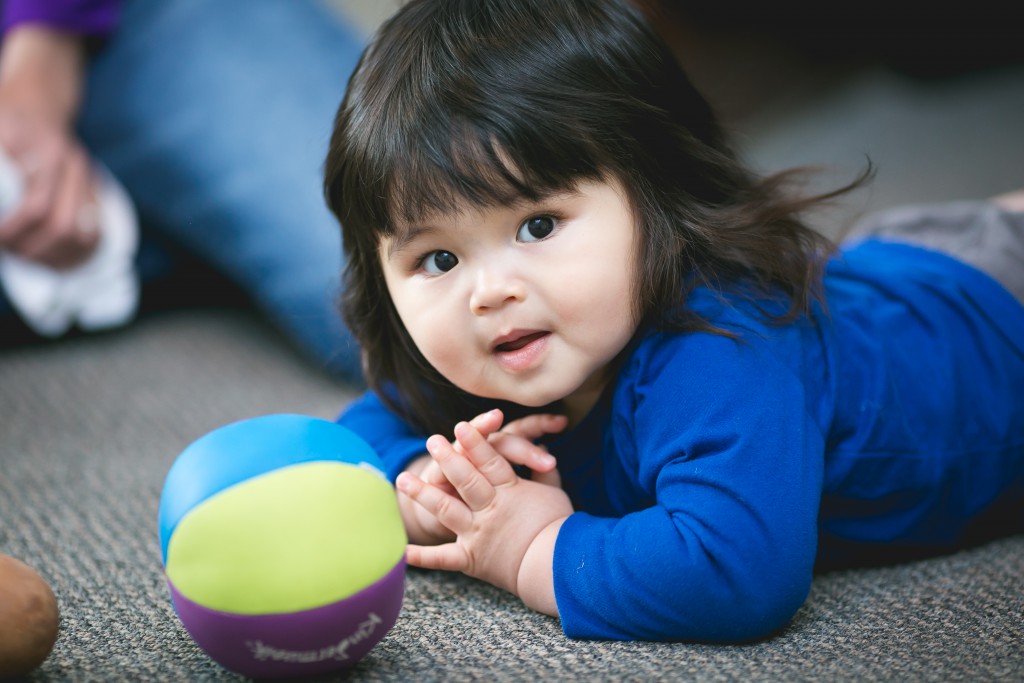
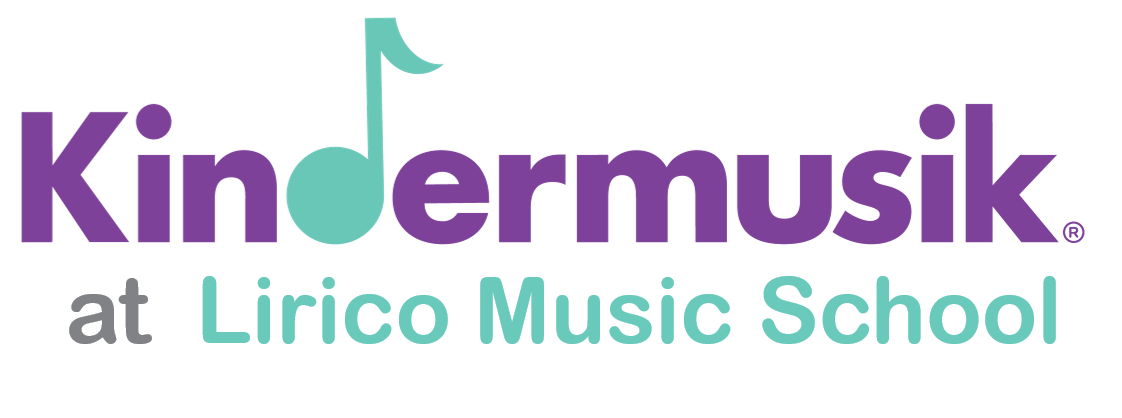
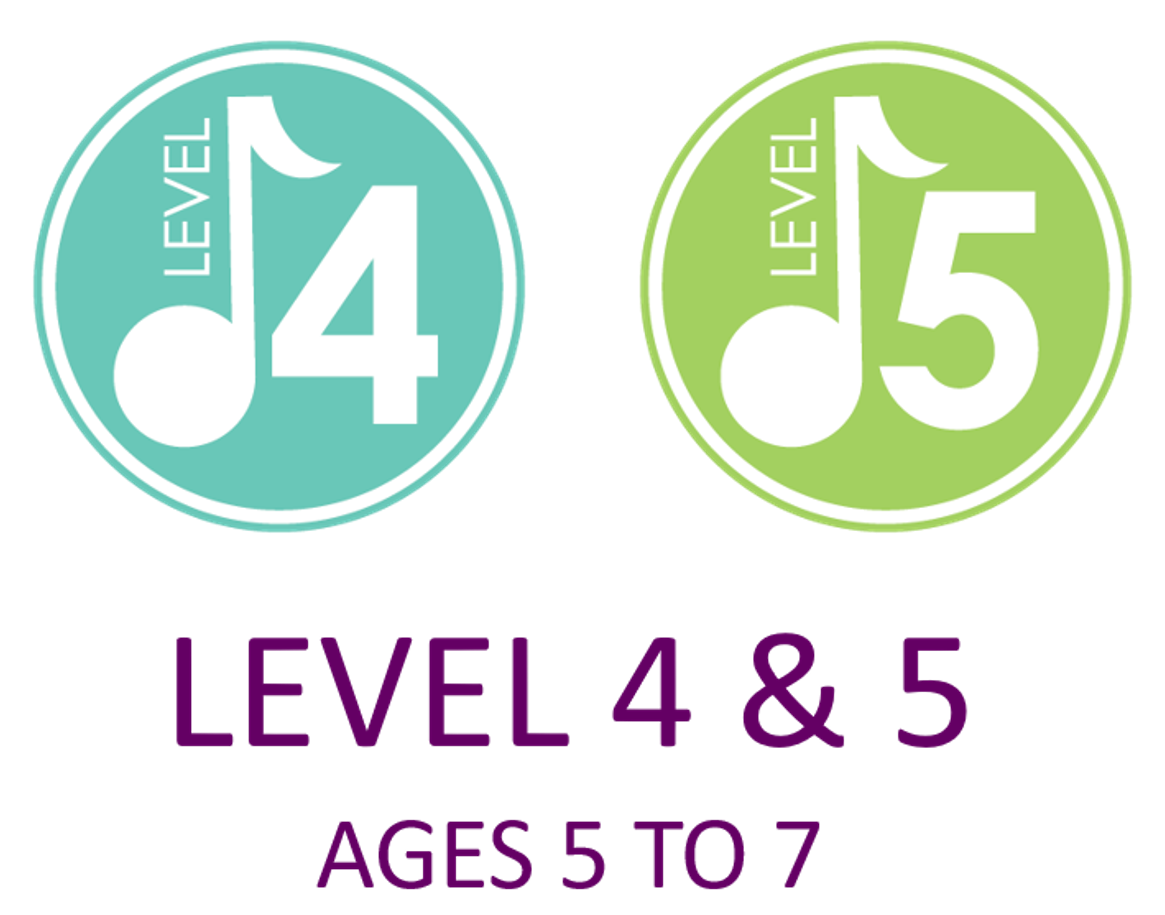
Strengthens Musical Foundations!
Young children who continue Kindermusik class into early school age will develop a greater capacity for learning and a lifelong love of music. Your budding musician will learn :
- Musical Concepts
- Notation
- The basics of Vocal Development
- The Instruments of the Orchestra
- How to Play 3 Instruments - the Glockenspiel (pre-piano), the Dulcimer (pre-violin) and the Recorder
- Group Ensemble Play and Musical Games
- A wide variety of Musical Styles and Stories from many cultures
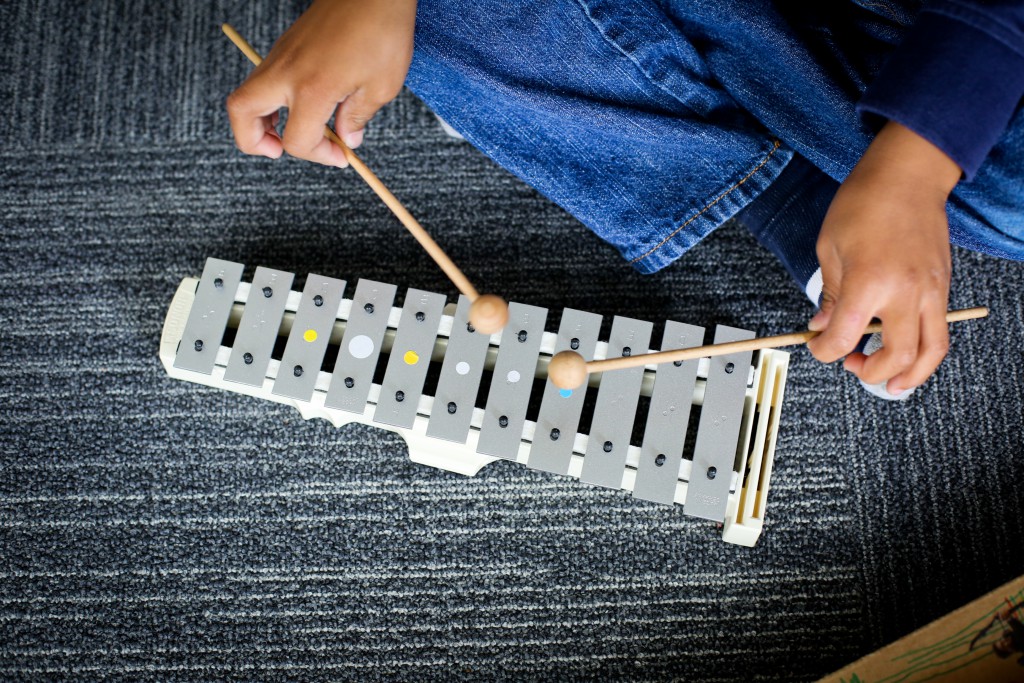
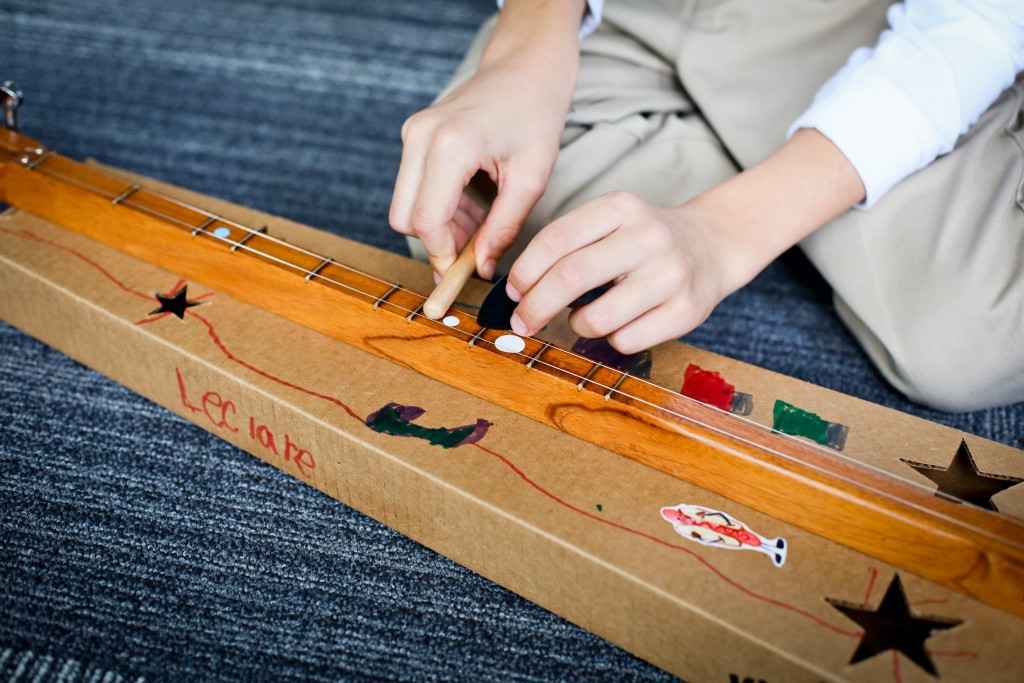

Activities
Singing and Vocal Development
It may sound like a foreign language when a child sings “ta” and “ti-ti,” but this is the language of professional musicians and composers and getting young children ready to read and write simple rhythm patterns.
Movement
See children dance expressively to music, giving them the practice they needs to coordinate their body movements to the sound of music. This kind of musical play not only improves musicianship, but physical coordination as well.
Reading and writing
Young children will learn melodic notation and identify pitches such as the C, A and D notes on the treble clef, plus rhythmic notation. Eventually even composing their own music.
Focused listening
Children will learn to identify a range of orchestra instruments and their sound qualities, while also gaining an early awareness and knowledge of composers and masterworks in Western arts tradition.
Exploring and Playing Musical Instruments
Authentic percussion, string, pre-keyboard, and woodwind instruments expose children to the many choices for future musical study, and at the same time provide them with the opportunity to musically succeed before taking on more formal instruction.
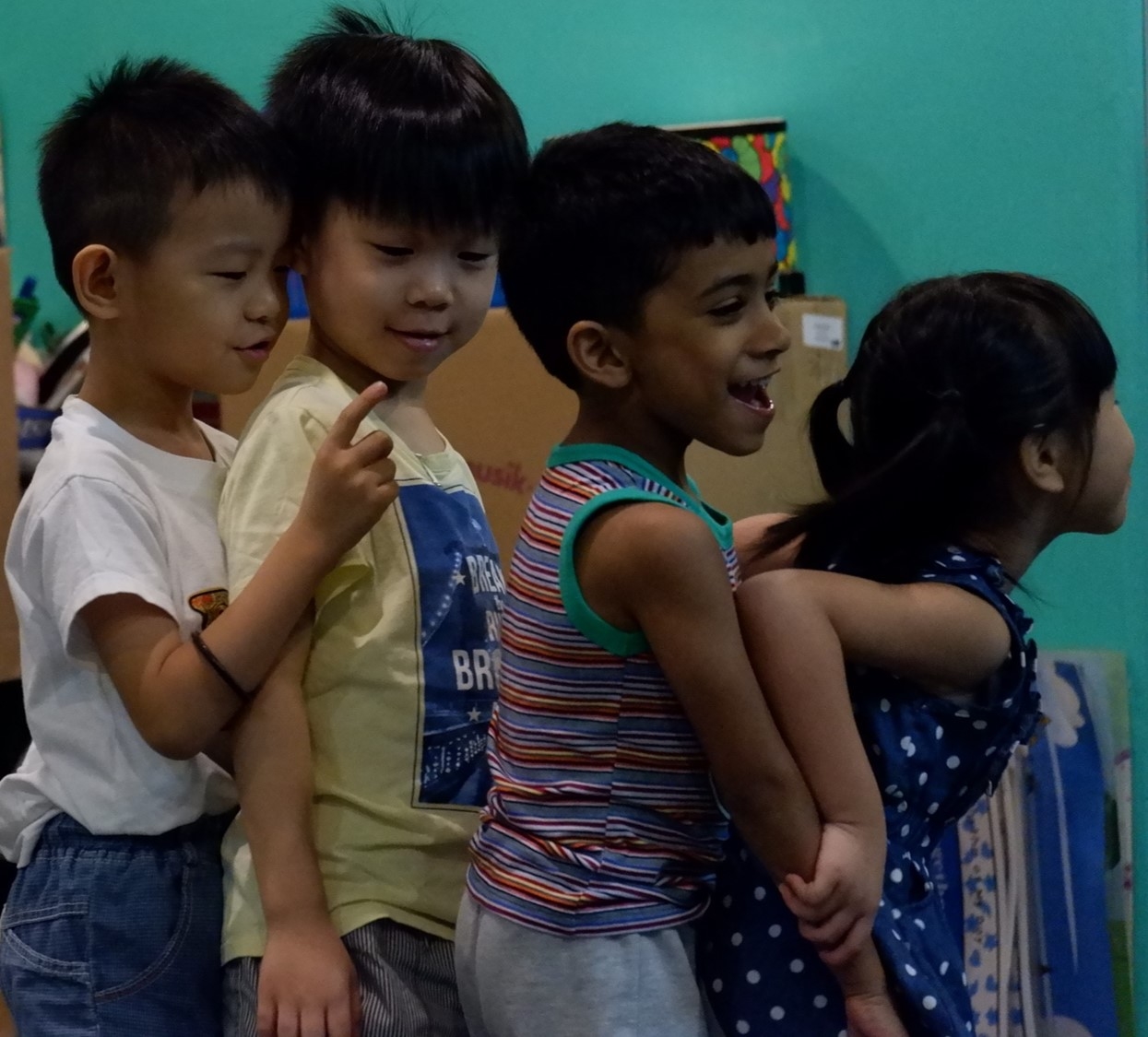
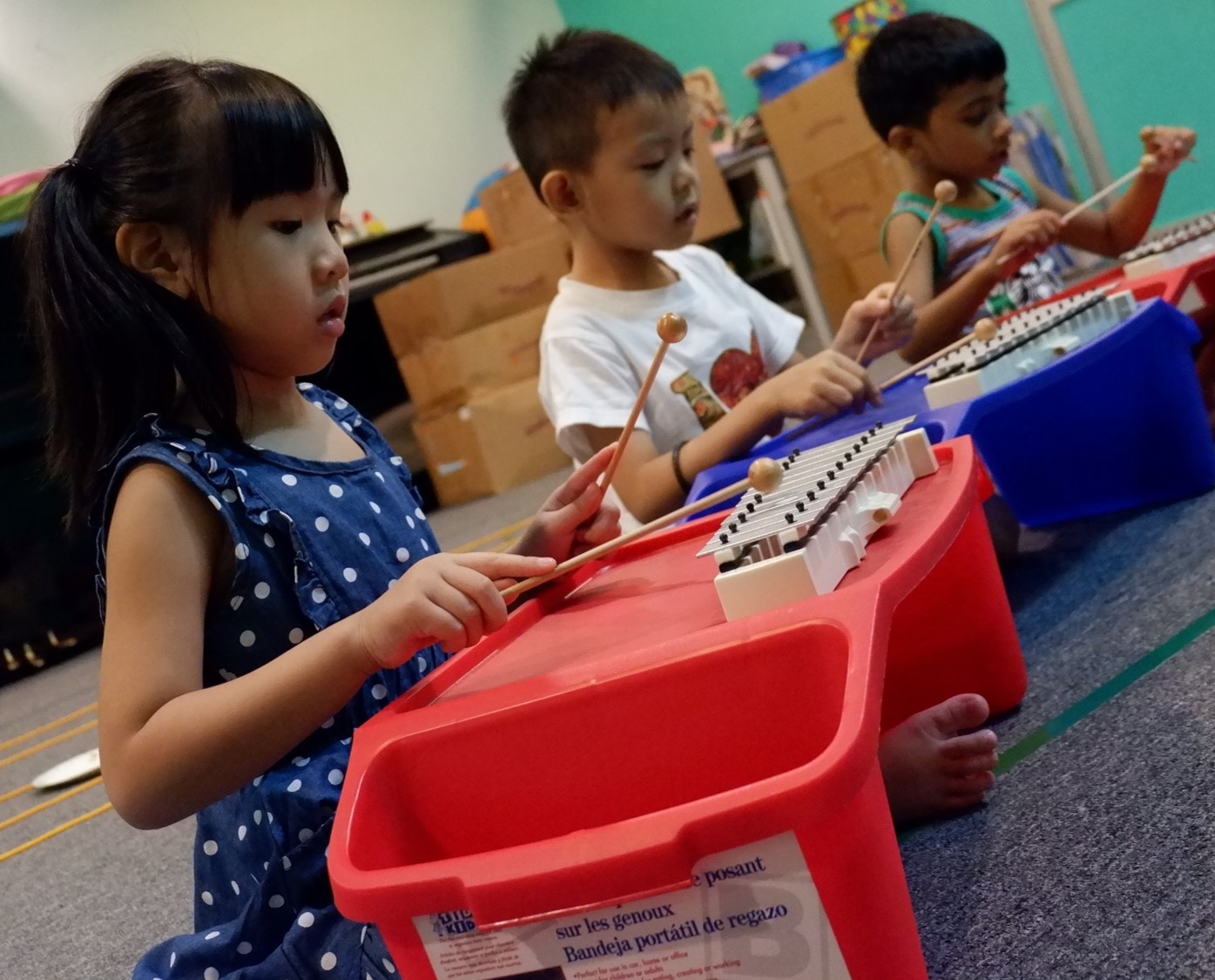
Skills & Benefits
- Ability to read traditional and non-traditional music notation
- Growing ability to extend what has been learned in one context to a new context
- Awareness of steady beat, meter and rhythm, essential musicianship skills with ties to physical development and coordination
- Development of self-confidence, musicianship, collaboration and creativity through teamwork, peer interaction and communication
- Ability to distinguish specific sounds within words and increased awareness of the rhythmic structure of language and developing speaking, reading and listening skills
- Understanding of music reading, beat competence, expressive movement, singing, instrument playing and ensemble participation, skills that are beneficial in fields of study that involve problem-solving, creativity, coordination, persistence, fine-motor capabilities and team participation
Offer Children the Opportunity to Use Music Notation to Play a Variety of Instruments and Participate in Ensembles
CONTACT US FOR MORE INFORMATION
016 - 292 7395
Copyright © 2021 for Lirico Music School
